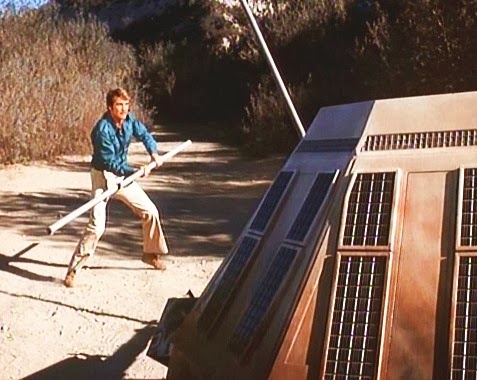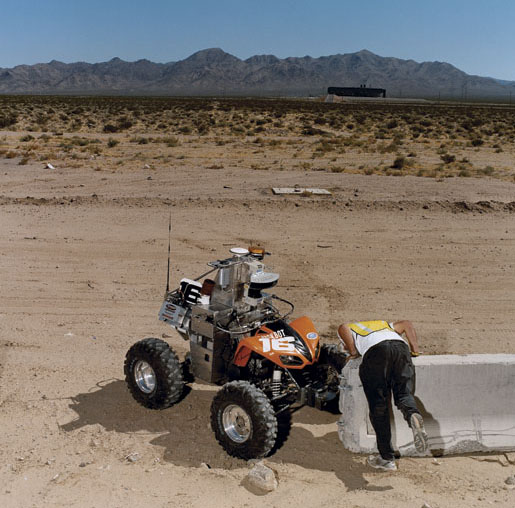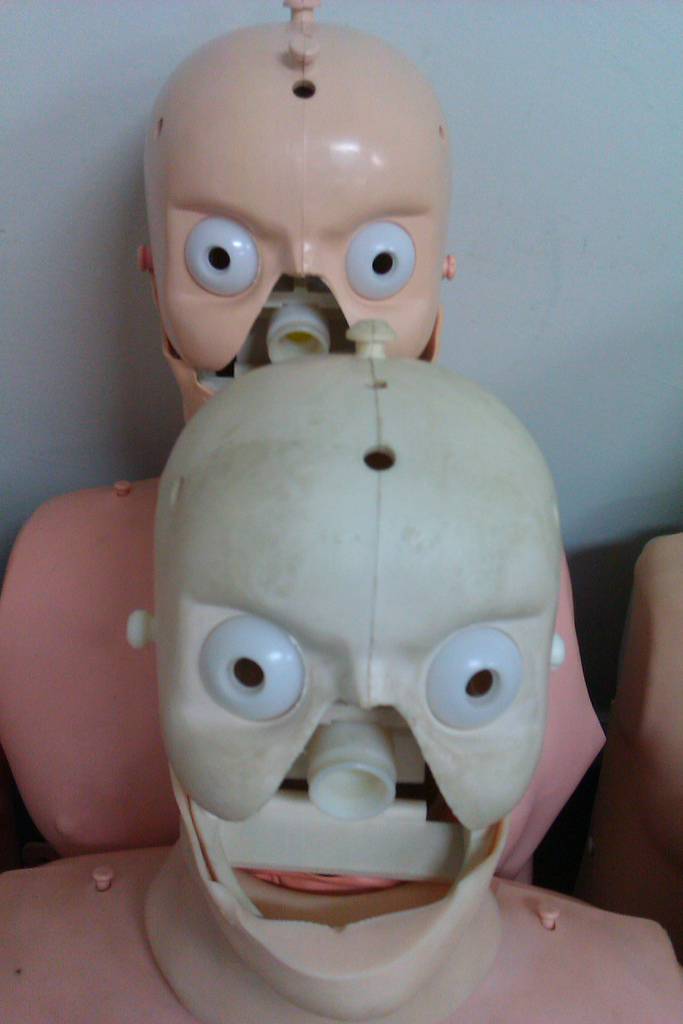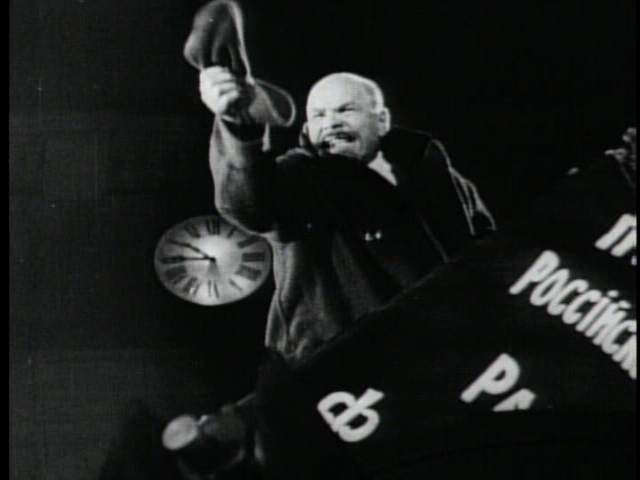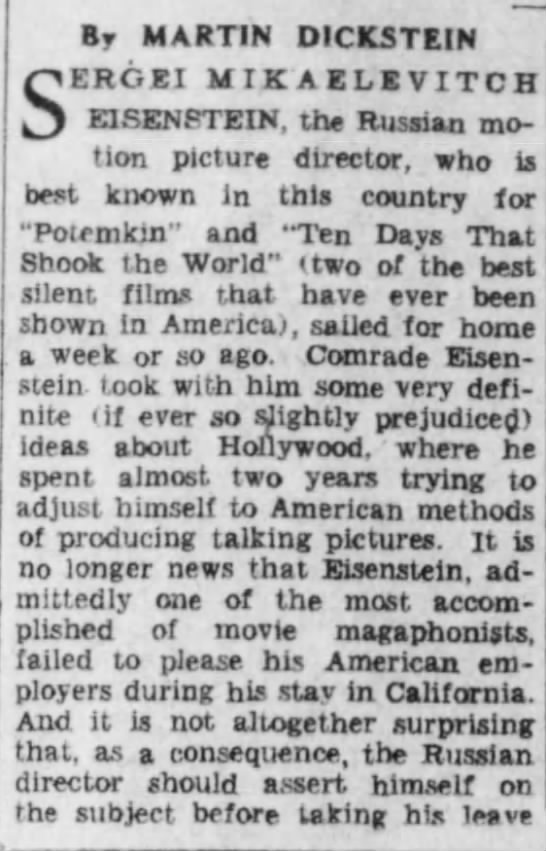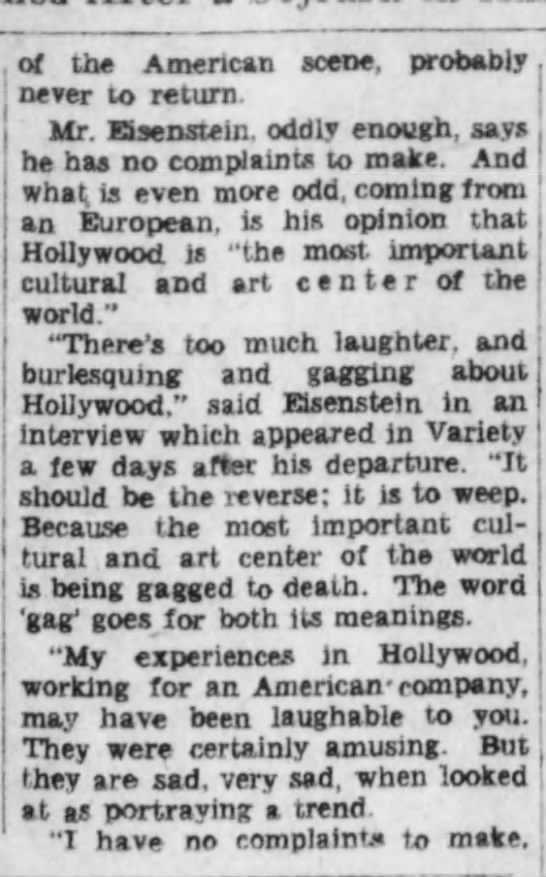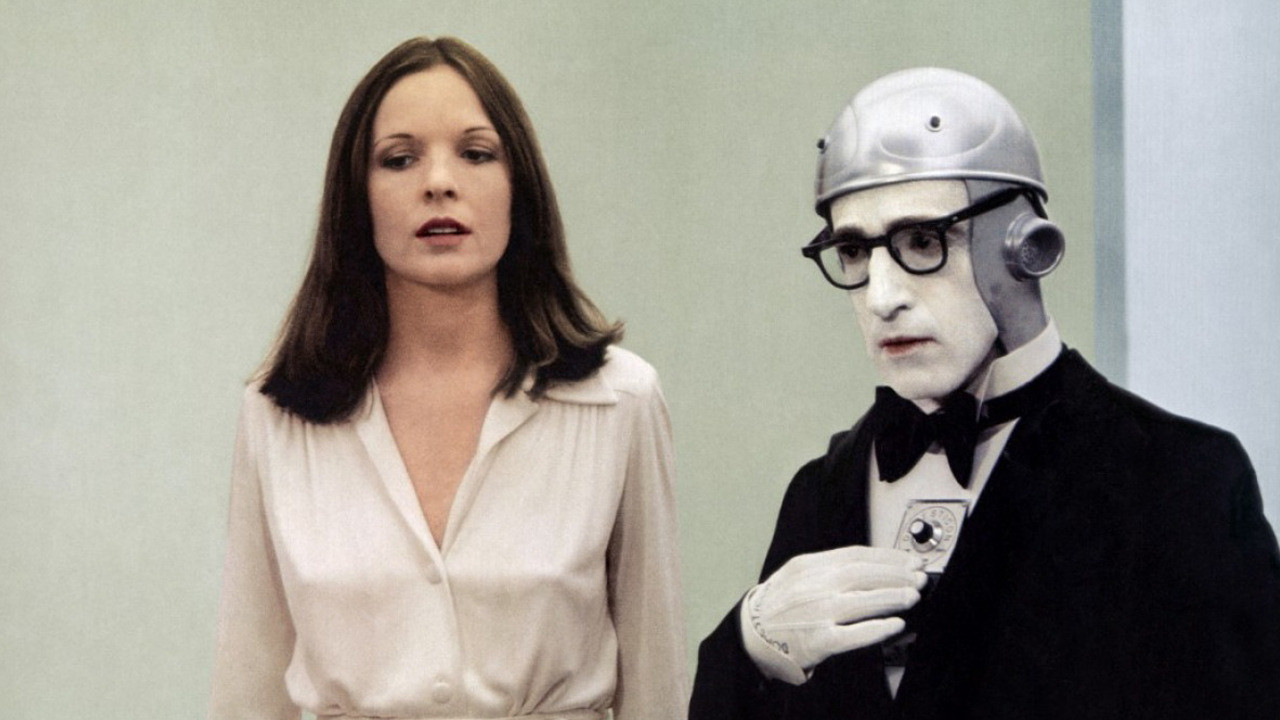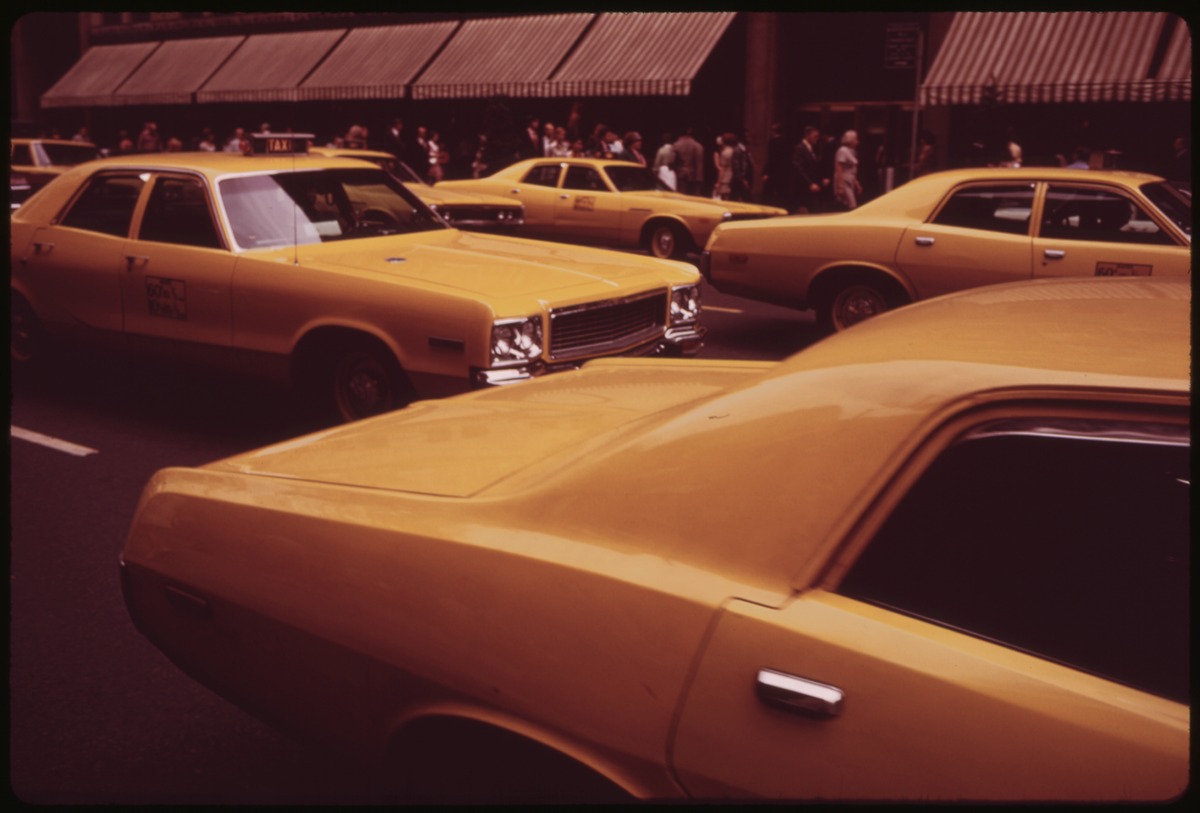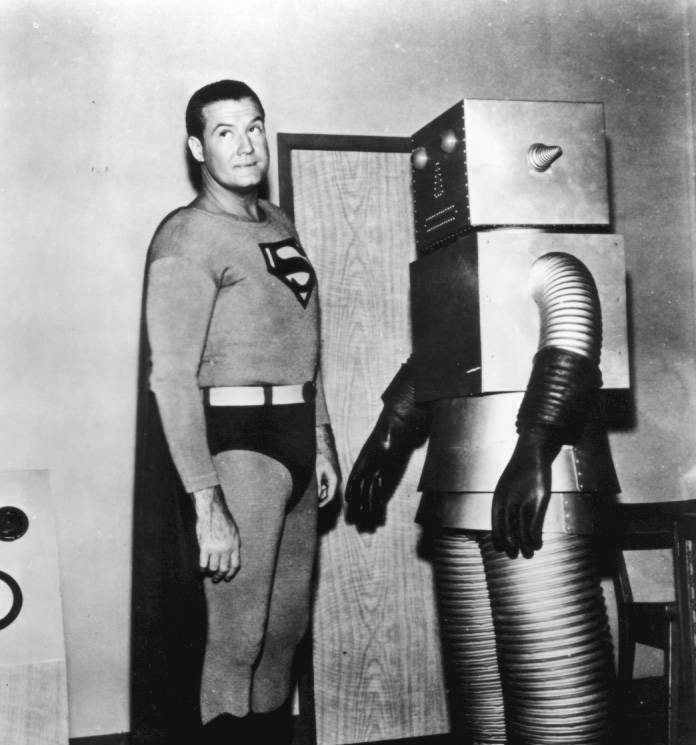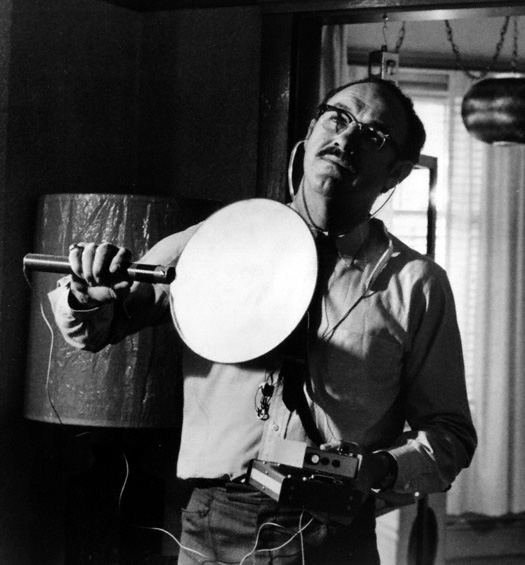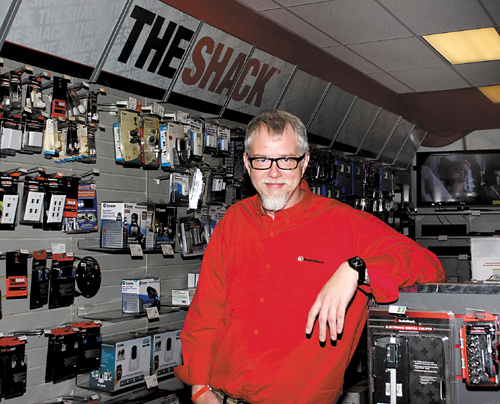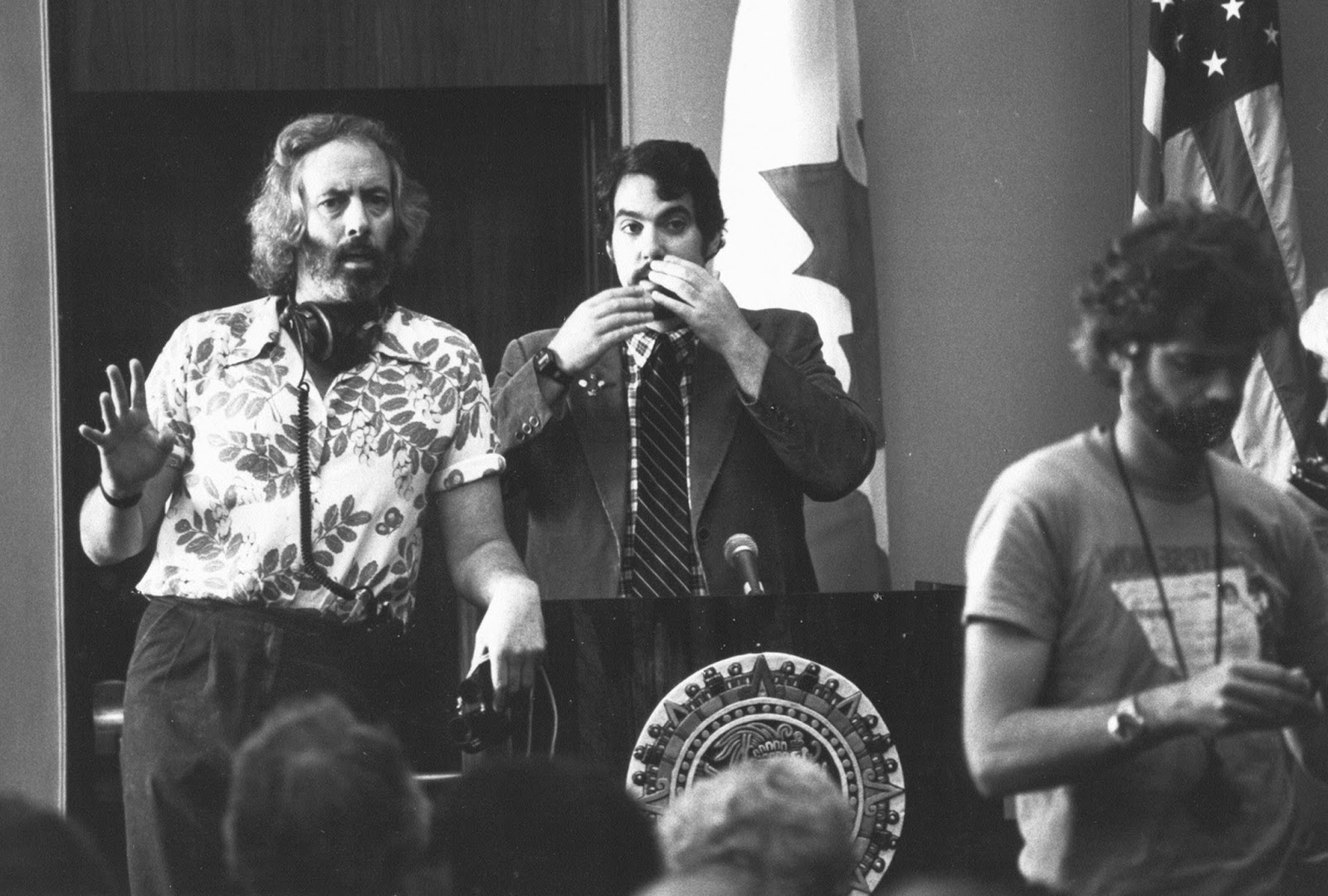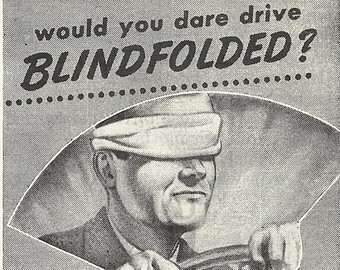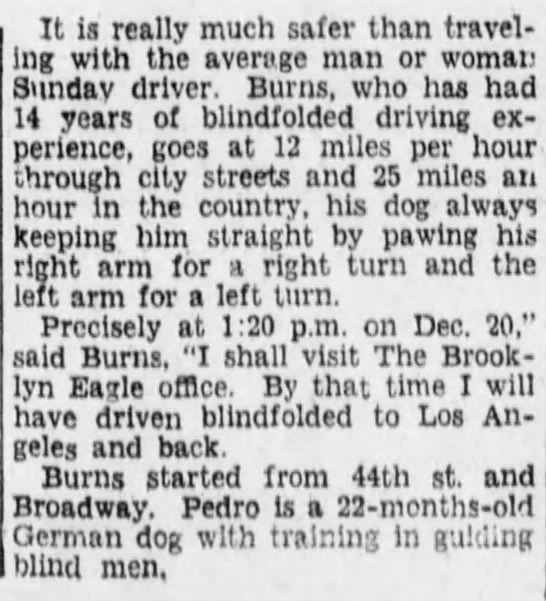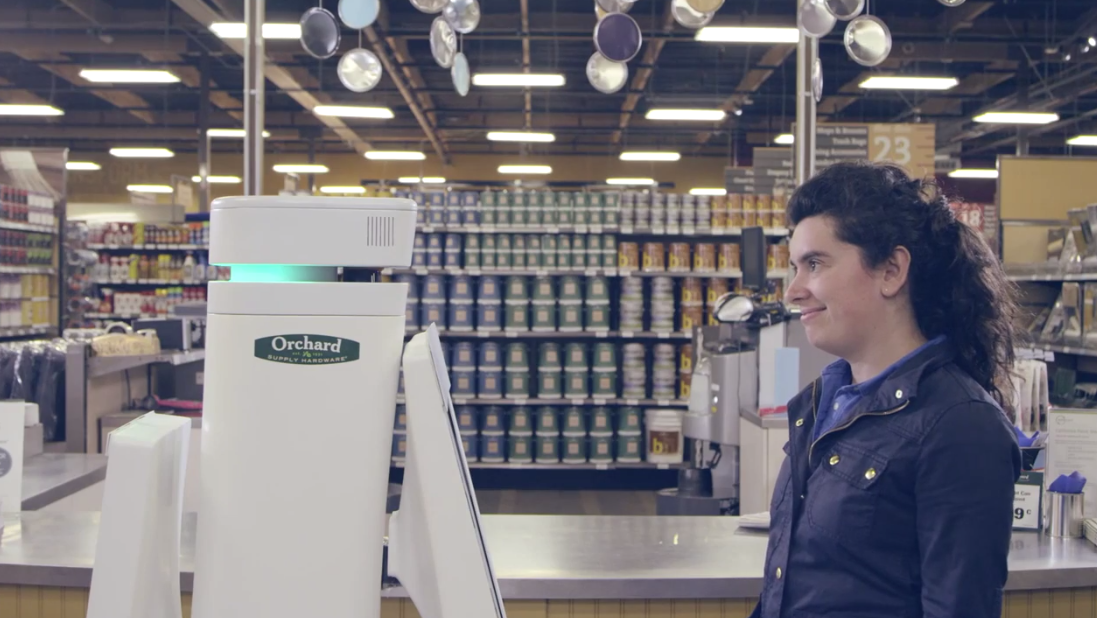_________________________
Question:
The industrial revolution destroyed a lot of jobs but also created a lot of new ones. What makes this new changes different? Won’t new opportunities replace the obsolete jobs?
Ryan Avent:
Maybe! We certainly shouldn’t rule it out.
But one thing I’ve tried to bring out in my writing on these subjects is that the industrial revolution was a huge mess for a lot of people. We can look back today and note that there’s tons of employment at high wages and so obviously everything worked out. But there were whole generations at a time during the IR that really never saw much benefit at all from industrialisation. Old ways of life were torn up, people found themselves in horrible, deadly cities, and wages were awful for long stretches of time. There was a reason people thought maybe communism wasn’t such a terrible idea.
Quite possibly this revolution won’t be as unpleasant or transformative. But it still might make for very hard times for workers for several decades (we’re well on our way, actually).
Then one has to think forward and say, ok, where will technology be in 20 years? Is there a point at which things will slow down enough for workers to catch up? I’m not sure. In the meantime, I think there is a strong argument for more action to cushion workers against economic troubles.
_________________________
Question:
What do you think is the nascent technology that will most greatly exacerbate inequality, both within nations and between them? Which one will do the most to decrease inequality?
Ryan Avent:
Over the longer term, and looking within nations, I think AI is likely to contribute most to inequality. It’s possible that AI will be a skill leveller, but I suspect it will not be. Those with more cognitive skills will be better at managing the intelligence at their disposal, asking the right question, etc.
Across nations, we’re talking advanced manufacturing and robotics. The huge advantage that emerging markets have relative to the developed world is a large stock of cheap labour. If technology means that firms no longer need to tap into those labour pools to make things cheaply, then it will be very difficult for developing economies to find a foothold in the global economy and raise their incomes.
In the short term, more mundane stuff will probably raise inequality. Mobile technology that allows really good teachers to reach many more students will reduce the need for mediocre teachers, for instance.
In the short term, peer-to-peer platforms could help reduce inequality by making it easier to match underemployed workers with people who are looking for particular skillsets. Over the long term, I’m not sure. Bionic implants? A drug that made it easy for any worker to be disciplined and conscientious might actually go a long way.
_________________________
Question:
Things seem pretty bad for low-to-mid-skill workers in developed nations: stagnant wages, increased disability enrollment, and lower workforce participation. The explanations I’m most familiar with include race-to-the-bottom globalization, technology, and now this gloomy-but-vague secular stagnation hypothesis.
So, two questions. First, do you agree & how do you break down attribution between causes these days? Second, if this trend continues do you expect to see larger shares of the population supported exclusively by transfers, and does this worry you (for practical reasons or otherwise)?
Ryan Avent:
I don’t know whether I’d consider secular stagnation a cause or just a way of describing a bunch of symptoms that may or may not be related to one particularly malady.
The big factors at work here seem to me to be technology and globalisation (which is related and dependent in some ways on technology). Interestingly, it’s not just workers in developed nations that are being affected. Wages have risen rapidly for workers in China, for instance, but in many parts of the emerging world inequality has been rising just as in the rich world, as has the share of national income going to owners of capital rather than workers.
The actual break-down depends on when and where you’re talking about. For service-sector workers now or manufacturing workers in the 1980s, technology was the biggest deal. For manufacturing workers in the 2000s it was almost all China.
Unless there is a big change in the way technology affects labour markets, there will be no getting around much greater transfers. That doesn’t worry me that much in and of itself. What does worry me is how we get there (or fail to). Political conflict over redistribution is often nasty, and politicians often seek to defuse it by redirecting anger to foreigners. Could be a very messy few decades, politically speaking. Messier.•


